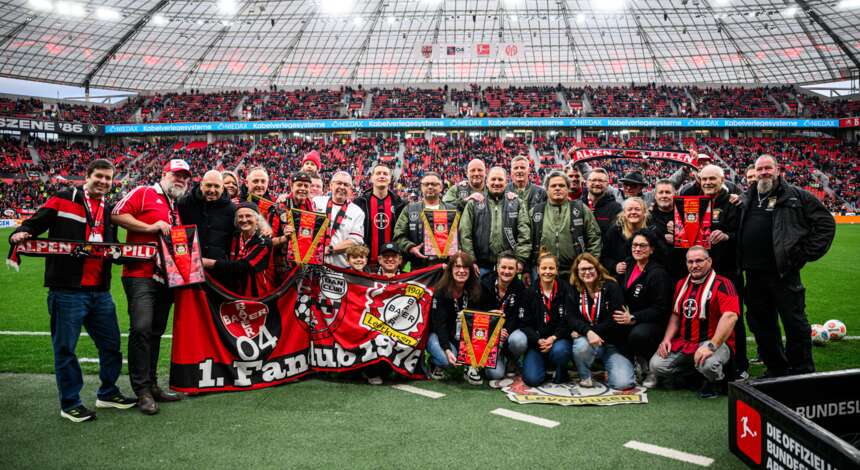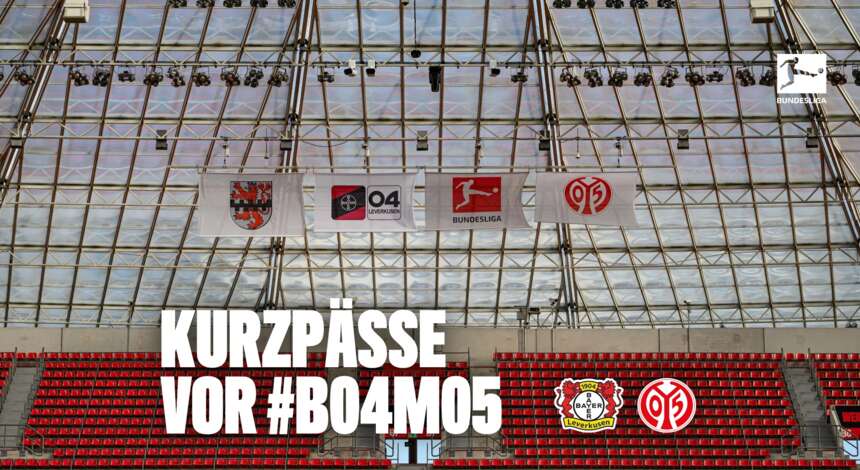
The background to the project is an application submitted by the German Football Museum to enter recreation grounds in the statewide register of intangible cultural heritage – and it was successful. In 2018, the North Rhine Westphalia ministry of education and cultural affairs recognised the recreation grounds as such. Intangible cultural heritage is seen as cultural forms of expression, which are passed on and shaped from generation to generation. That includes traditions, performing arts but also special knowledge and rituals – and now also the culture of recreation grounds.
venue for Fairness, Tolerance and Integration
The recreation ground should above all be a freely accessible venue for fairness, tolerance and integration according to Manuel Neukirchner. "It's a place of social and group conduct, a place to learn without adults," said the director of the German Football Museum in Dortmund. "Regardless of religion, skin colour or gender, you can learn how to recognise rules, resolve conflict but also discover spontaneity and autonomy. Values and norms that are more present and more important than ever before in today's society. That's what football and especially the recreation ground can provide."
The sign to the Boberstraße recreation ground and twelve other signs to Leverkusen pitches should immediately highlight the award and provide an active contribution to the maintenance of recreation grounds in the city. These facilities are increasingly threatened by the changed user behaviour of children and teenagers, numerous alternative leisure activities as well as the expansion of all-day schools.
"I've still got the scars on my legs"
Stefan Kießling, who played for Bayer 04 for twelve years making a total of 404 Bundesliga appearances, can still vividly remember his own past on the recreation ground: "Since I was able to run I spent my time on the recreation ground and loved it. After school I got home as quickly as possible, did my homework and then got on my bike to the recreation ground," explained the now 37-year-old who grew up in Bamberg in Franconia. "You didn't need a mobile phone back then. I knew exactly that I'd always meet somebody there who I knew."
Kießling is convinced that his time on the recreation ground shaped him as a player and as a person. He is now working as coordinator for the first team at Bayer 04: "When you were younger you obviously had to show more deference. But the older you got, the more you could set the rules for yourself. And, above all, you learned to resolve friction yourselves. Not to forget: I’ve still got the scars on my legs."
The target of the initiative is to be part of a nationwide register in the future. The closing date is 30 November. Up to then, the German Football Museum is working with the Ruhrmuseum in Essen and the Sports University in Cologne to provide the required academic evidence for the cultural significance of the recreation grounds to then be recognised as a national cultural heritage. The decision is due to be made at the start of next year.
Related News

Rudi recounts…: Vollborn’s March highlights
Rüdiger Vollborn has been at the club for 40 years, he holds the record number of Bundesliga appearances for the club (401) and is the only Bayer 04 player to have won both the UEFA Cup (1988) and the DFB Pokal (1993). And the Berliner stayed with the Werkself after ending his impressive playing career as he worked as a goalkeeping coach for the following nine years. Vollborn now works under the Bayer Cross as a fan liaison officer and club archivist. Since February 2021, the personalised Black and Red lexicon takes Werkself fans under the heading of 'Rudi recounts...' on a brief trip through the history of Bayer 04 every month…
Show more
Bayer 04 honour six fan clubs for decades of loyalty at Mainz game
From special edition jerseys to fan banners, the home game against Mainz 05 was all about the many Bayer 04 fan clubs. Accordingly, a fitting tribute to the long-standing Werkself supporters was not to be missed during half-time in the Bundesliga match. Fernando Carro, CEO, honoured the up to 50-year anniversaries of six fan clubs in front of the coaches' benches at the BayArena.
Show more
Love that lasts a lifetime. Bayer 04 present special edition jersey marking 50th anniversary of fan clubs Under the Cross
It is an expression of solidarity and a tribute to the unique fan culture Under the Cross: Bayer 04 Leverkusen make a special statement with the "50 Years of Fan Clubs" jersey. To mark the founding of the "First Fan Club 1976 Leverkusen", which was followed by many more over the years right up to the present day, the Bundesliga club is commemorating 50 years of passion with this new jersey. Highs and lows, successes celebrated together as well as defeats suffered are manifested in this piece of white fabric, a symbol of unwavering identification with the Werkself.
Show more
Matchday news #B04M05: Special jersey on fan club matchday
There’s lots going on at the BayArena today. The home game against FSV Mainz 05 is all about the numerous Bayer 04 fan clubs, whose birth - the founding of the "1. Fanclub 1976 Leverkusen" - dates back 50 years. A number of fan club representatives will be involved in awards, a banner display and a half-time matchday chat, and the Werkself are set to play in a special white fan club jersey. During half-time, Leverkusen mayor Stefan Hebbel and javelin world champion Steffi Nerius will also talk about the Olympic bid involving Leverkusen. Black and Red fans are advised to get to the stadium in good time today. Matchday news.
Show more
Tickets for the Champions League Round of 16 home game against Arsenal
The Werkself host Premier League club Arsenal in the Round of 16 first leg in the 2025/26 UEFA Champions League campaign. The match at the BayArena is on 10/11 March. Read on for information on ticket sales for this fixture.
Show more